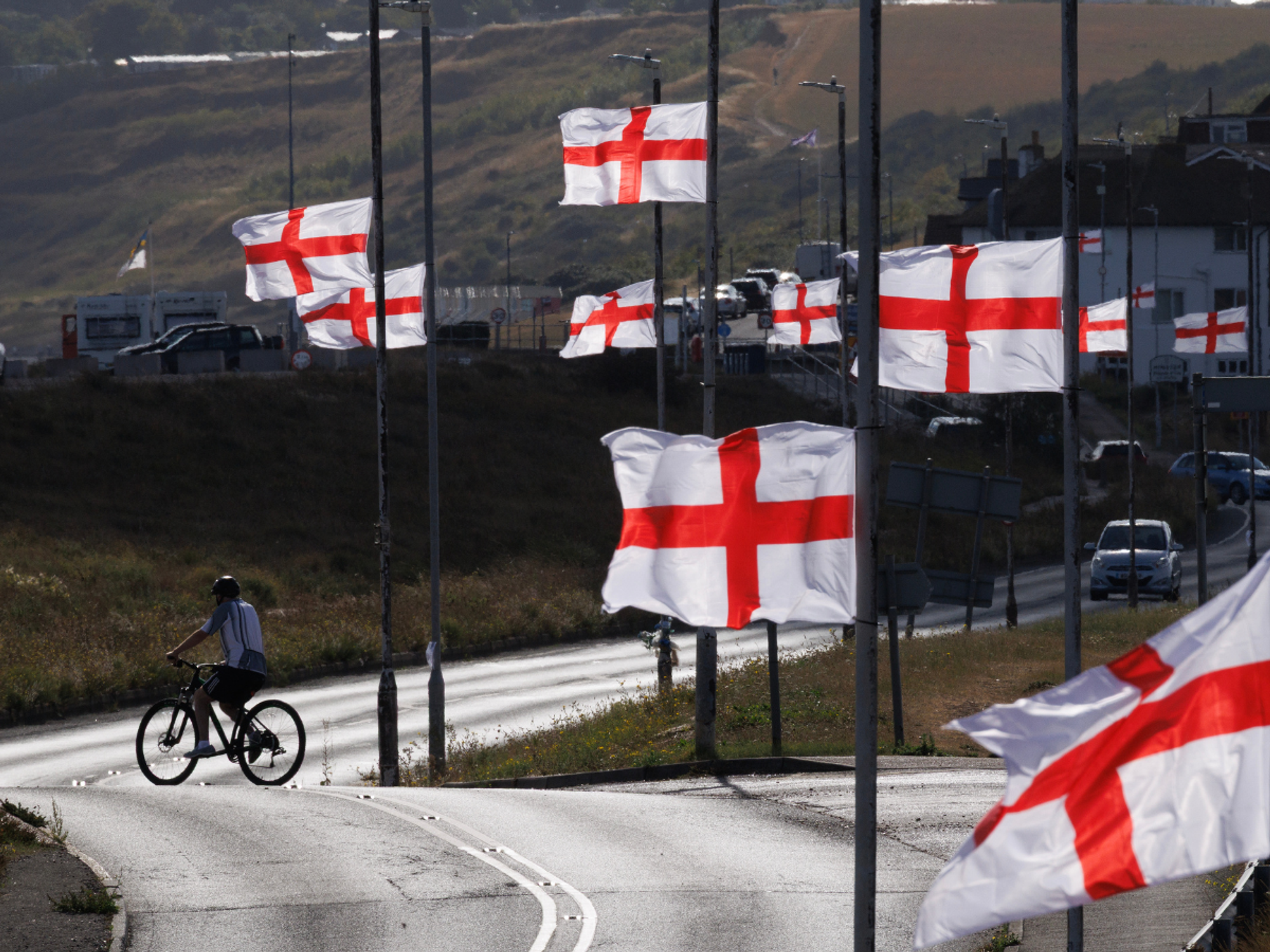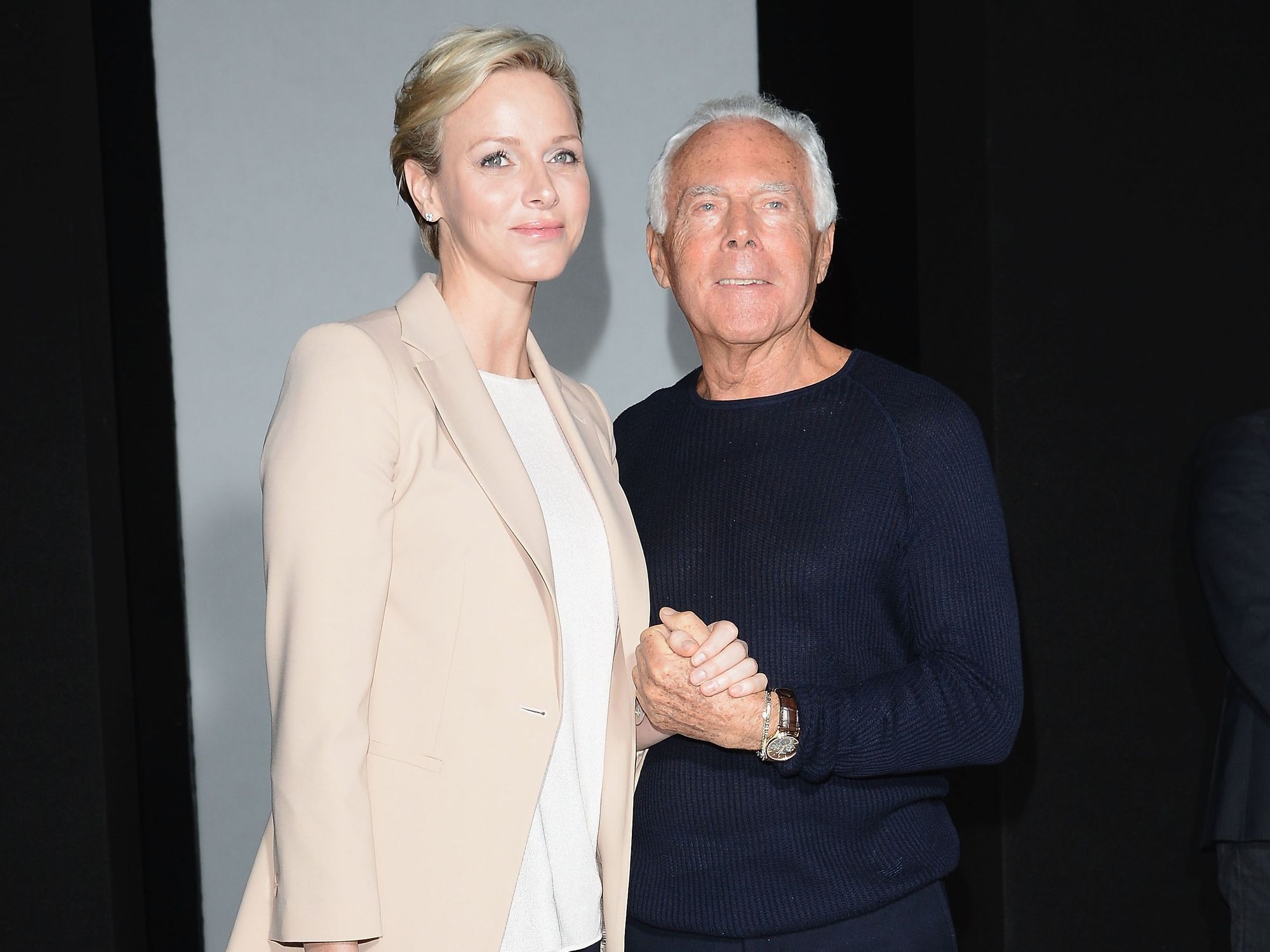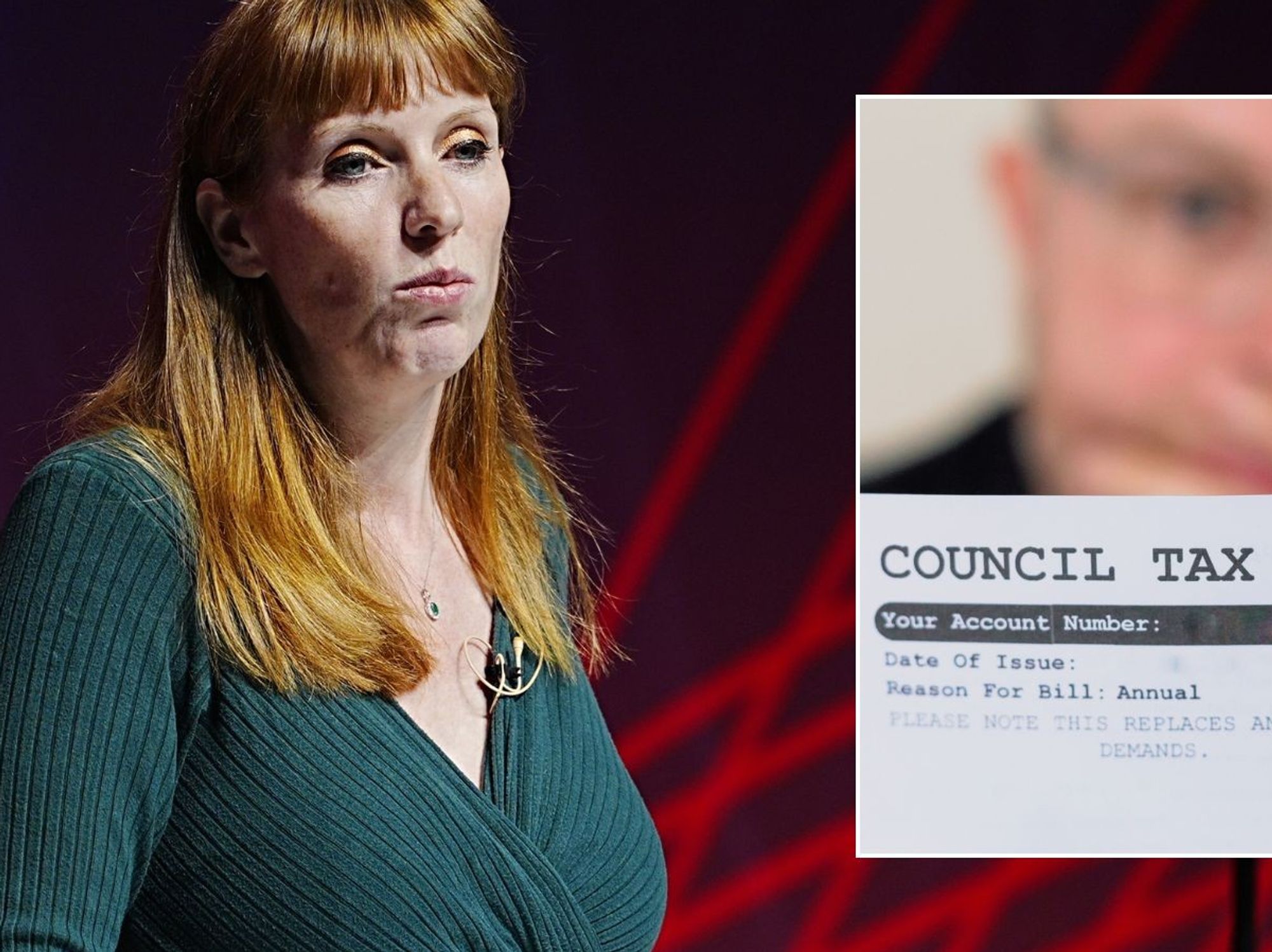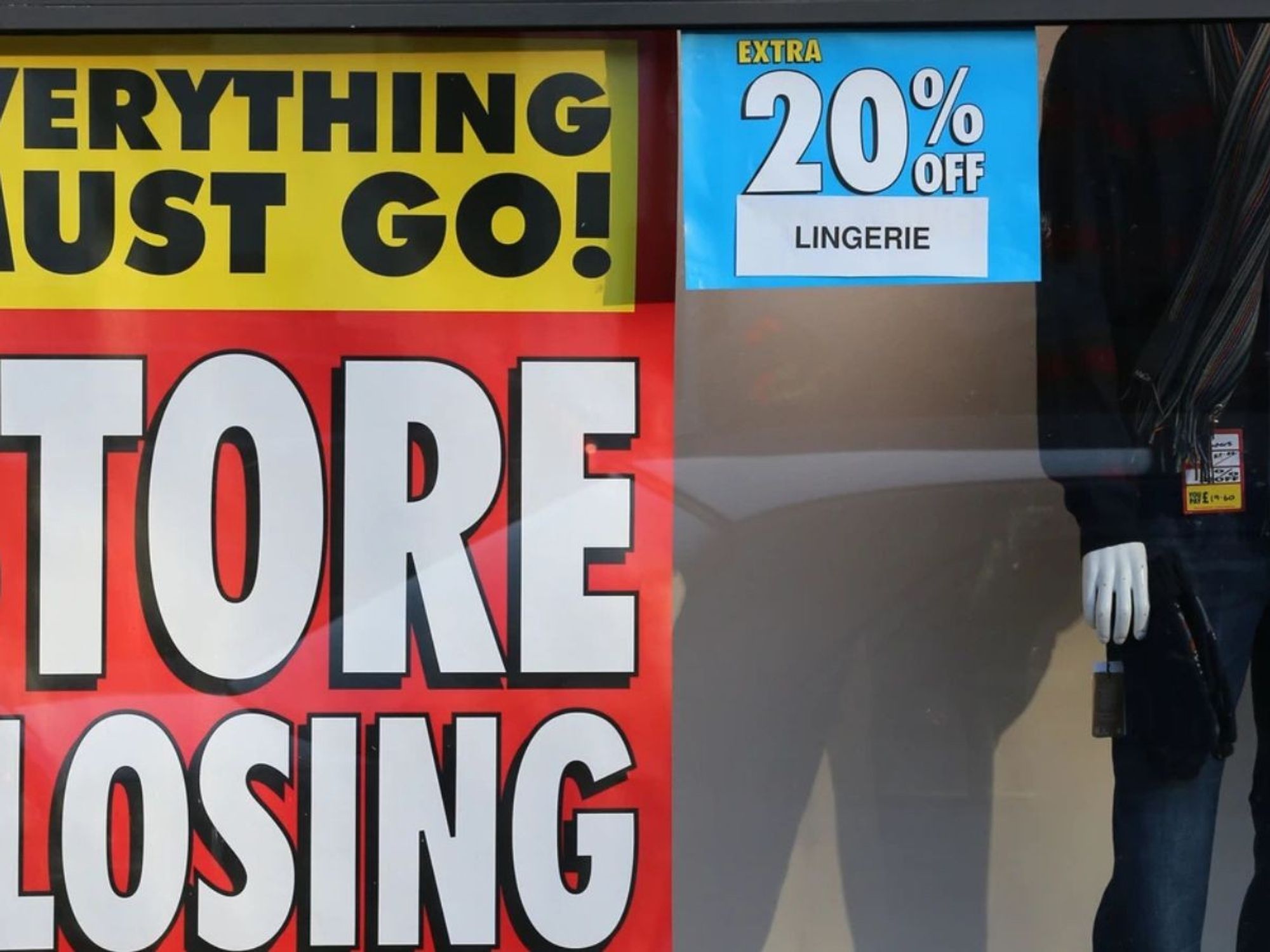The UK's cheapest supermarket named - and it beats Aldi, Tesco Clubcard and Sainsbury's Nectar prices
gbnews
|Andrew Peirce makes his feelings clear on vegan activists blocking supermarket shoppers
Which? conducts monthly price comparisons across eight major UK supermarkets to determine the cheapest supermarket
Don't Miss
Most Read
Latest
Britain's budget supermarket hierarchy has shifted for the first time since October 2023.
Consumer watchdog Which? examined both branded products and own-label alternatives, including staples like Hovis bread, milk, cheese and Birds Eye peas.
Lidl was crowned the most affordable retailer from long-standing champion Aldi. Which? revealed that a typical basket containing 76 everyday groceries cost £128 at Lidl during July, whilst the identical selection reached £129.25 at Aldi.
**ARE YOU READING THIS ON OUR APP? DOWNLOAD NOW FOR THE BEST GB NEWS EXPERIENCE**
The German discount chains have dominated affordability rankings, with Aldi maintaining an unbroken 20-month streak at the summit until this latest analysis.
The research incorporated special offers and loyalty scheme discounts where available, though excluded multi-buy promotions from calculations.
The price gap between the discount retailers narrowed to just £1.25 for customers holding a Lidl Plus card, or 85p without membership benefits.
Asda secured third position at £139.53, representing a nine per cent premium over Lidl's prices despite operating without a comparable loyalty programme.
Major supermarkets showed substantial price variations depending on membership status, with Tesco's basket totalling £141.92 for Clubcard holders versus £145.10 for non-members.
Sainsbury's Nectar cardholders paid £144.21, whilst those without membership faced charges of £149.55 for identical items.
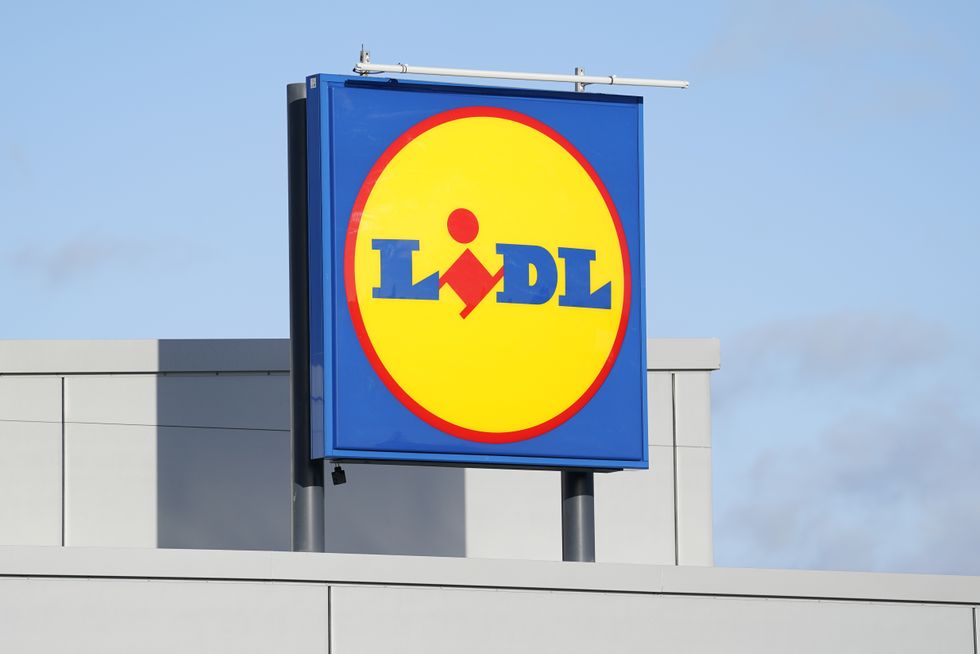 PA |
PA | Lidl was the cheapest overall beating rival discounter Aldi by £1.25
Morrisons More scheme members spent £146.91, compared to £147.84 for standard customers.
The analysis revealed Tesco applied Clubcard discounts to 16 products within the basket, whilst Sainsbury's offered Nectar pricing on 15 items, Lidl featured three loyalty discounts, and Morrisons provided two More scheme reductions.
For expanded shopping lists containing 192 products, Asda emerged victorious for the seventh consecutive month at £474.12, undercutting Tesco's Clubcard prices by £7.47.
The broader comparison excluded Aldi and Lidl due to their limited range of branded merchandise required for the comprehensive assessment.
 GETTY |
GETTY | Households are still contending with high food prices
Waitrose occupied the bottom position across both analyses, with the larger trolley reaching £538.33 – representing a £64.21 premium over Asda, equivalent to 14 per cent additional expenditure.
The luxury retailer's smaller basket totalled £170.91, exceeding Lidl's loyalty card price by £42.51, a stark 33% differential.
Reena Sewraz, Which? Retail Editor, commented: "Households are still contending with high food prices but our analysis shows it pays to shop around, simply choosing one supermarket over another could save you 25 per cent."
The extended analysis demonstrated loyalty programmes delivering savings of up to 6.7 per cent at Sainsbury's and 6.3 per cent at Tesco on larger shopping lists, though smaller baskets yielded more modest reductions ranging from 0.3 per cent at Lidl to 3.6 per cent at Sainsbury's.
 GETTY IMAGES / Waitrose |
GETTY IMAGES / Waitrose | Waitrose occupied the bottom position across both analyses,
Which? raised concerns regarding accessibility barriers preventing millions from obtaining member pricing, including age restrictions, address requirements and digital literacy challenges.
The organisation urged retailers to improve access for vulnerable groups, particularly those under 18 and customers without smartphones.
Market data from Worldpanel by Numerator indicated grocery price inflation reached 5.2 per cent during the four weeks ending 13 July, marking the steepest increase since January 2024.
Categories experiencing the sharpest rises included chocolate, spreads and fresh meat, whilst dog food, sugar and laundry products saw declining prices.






